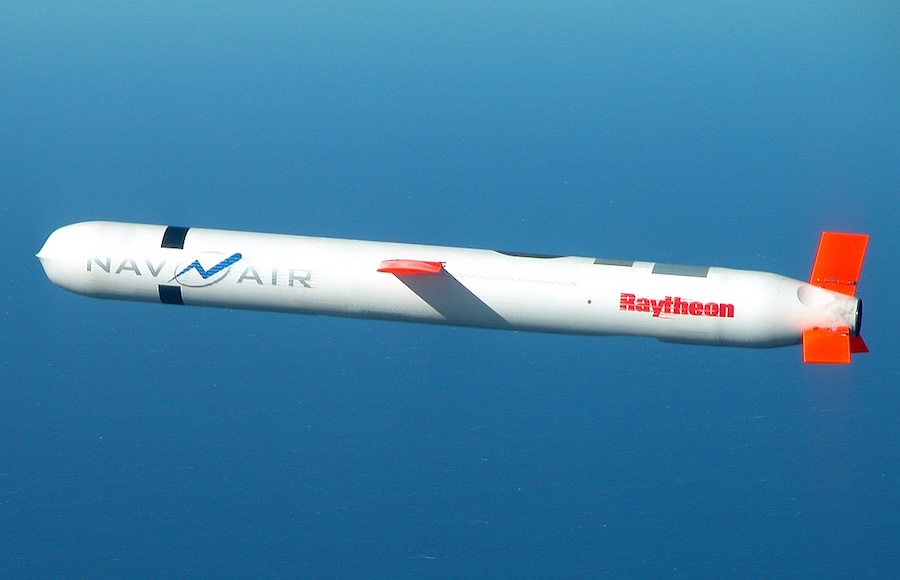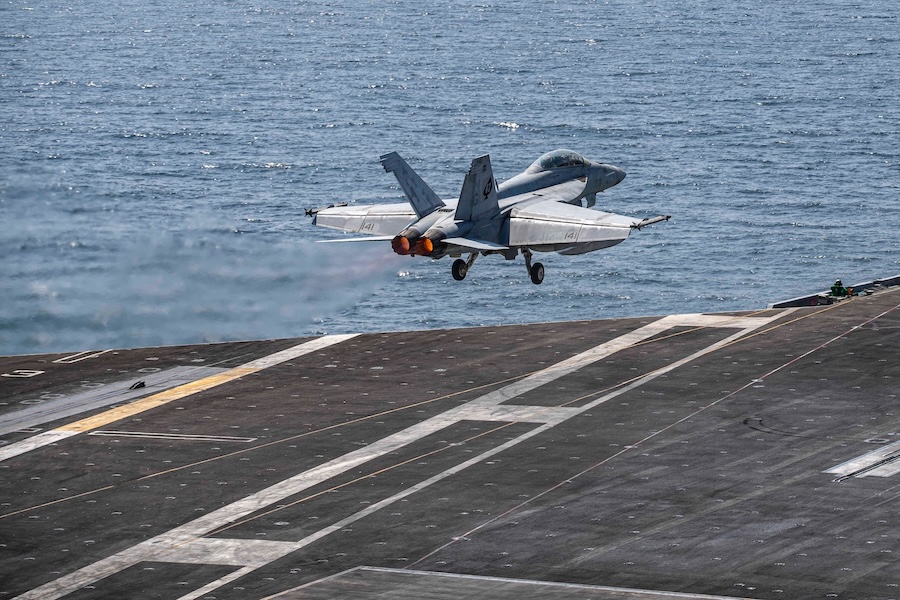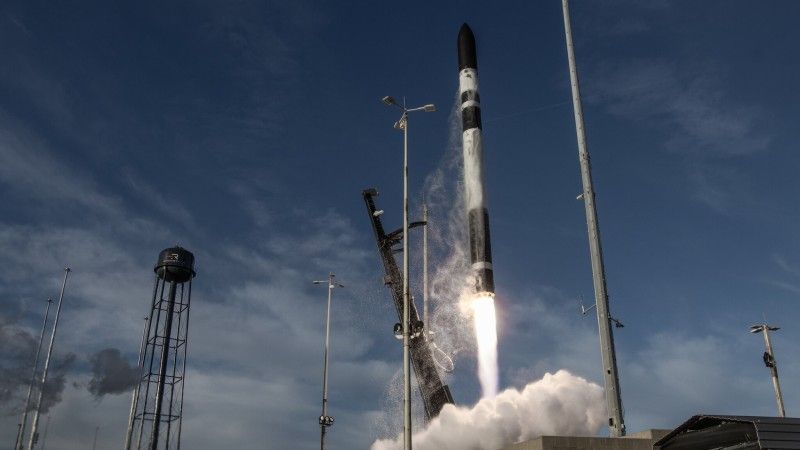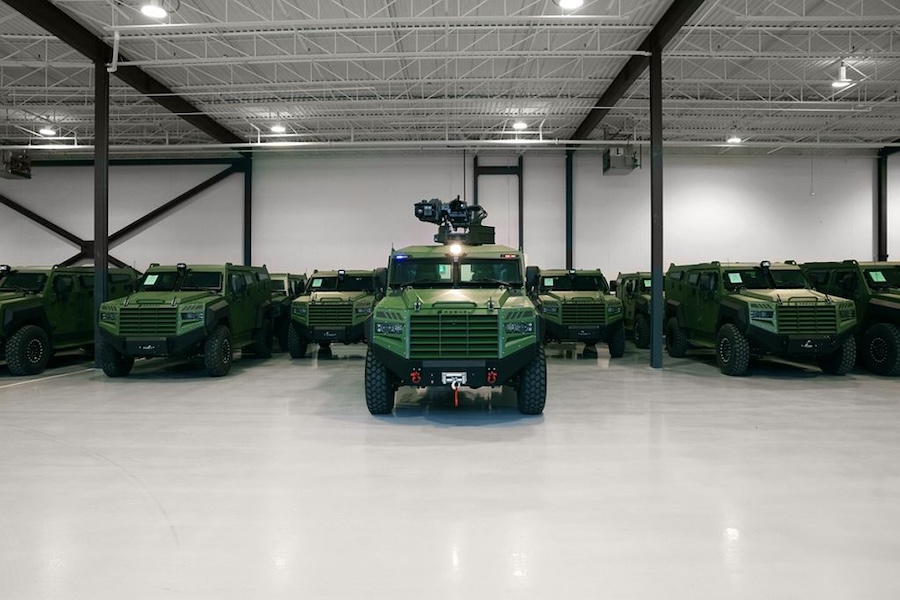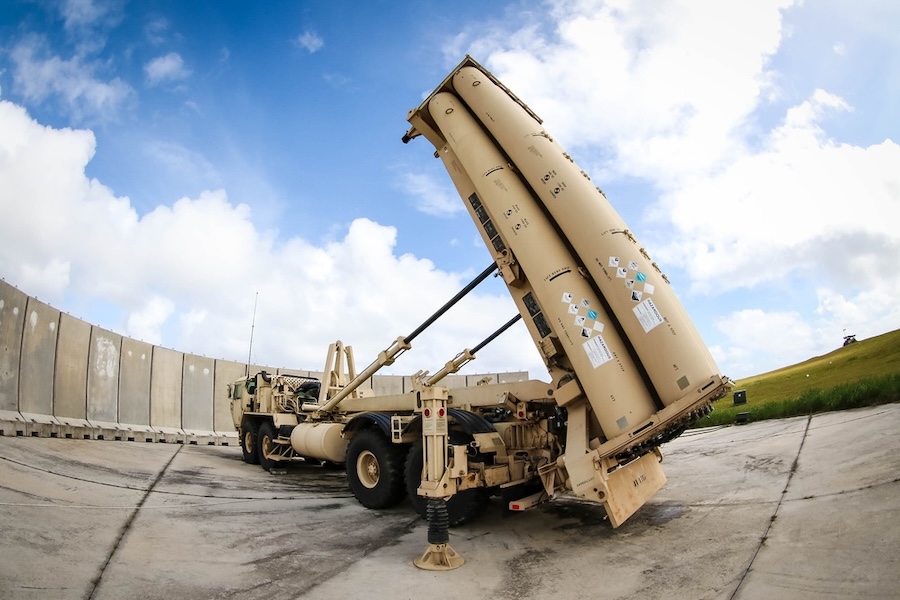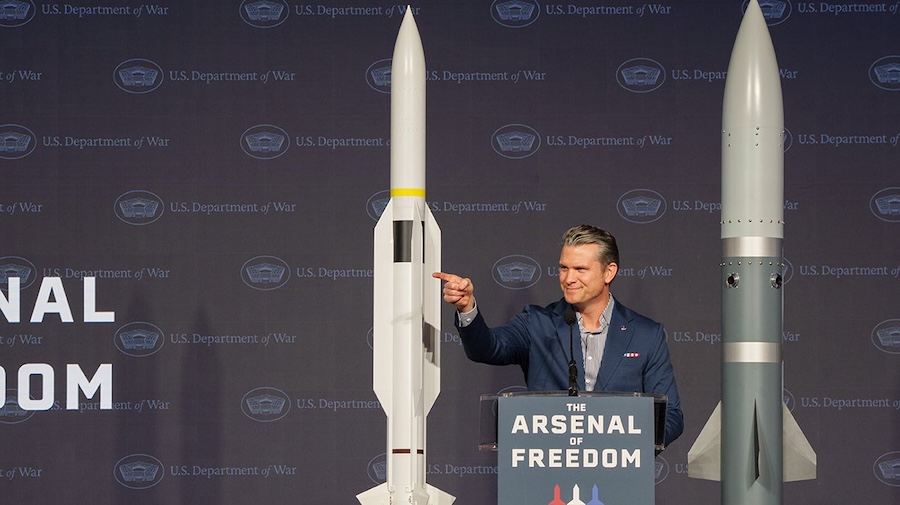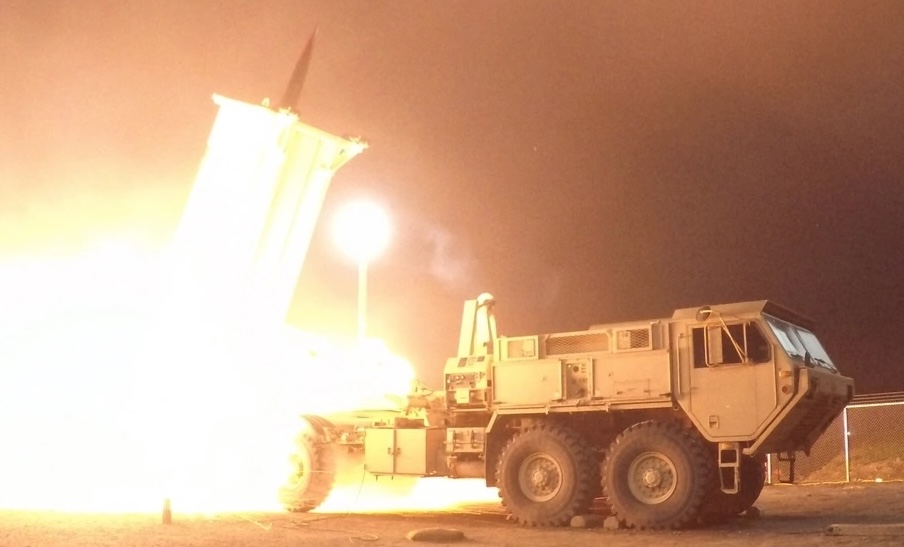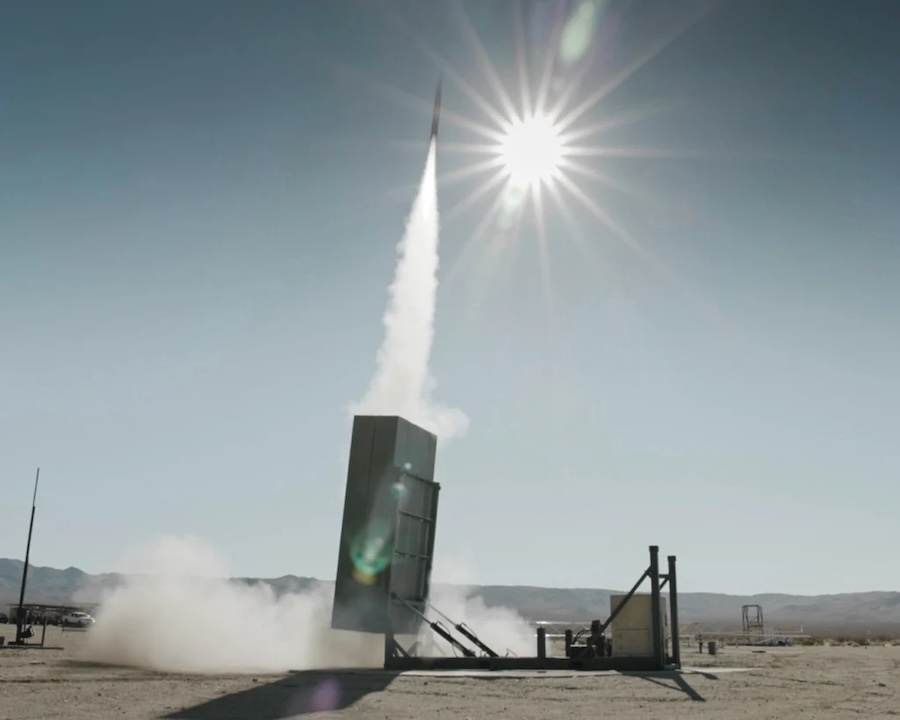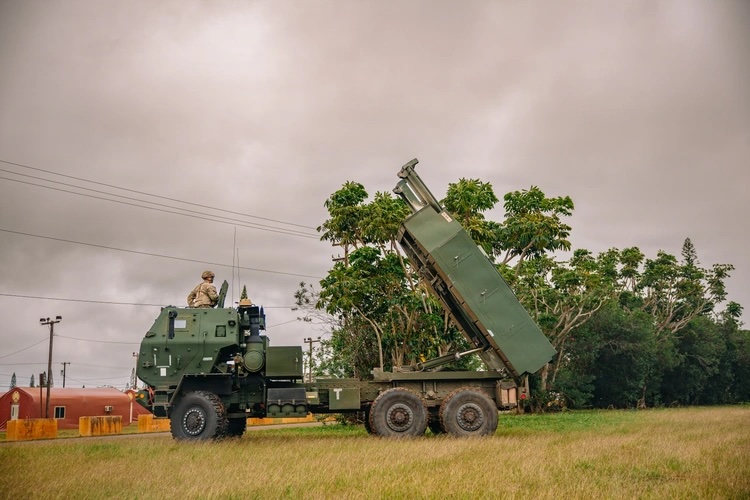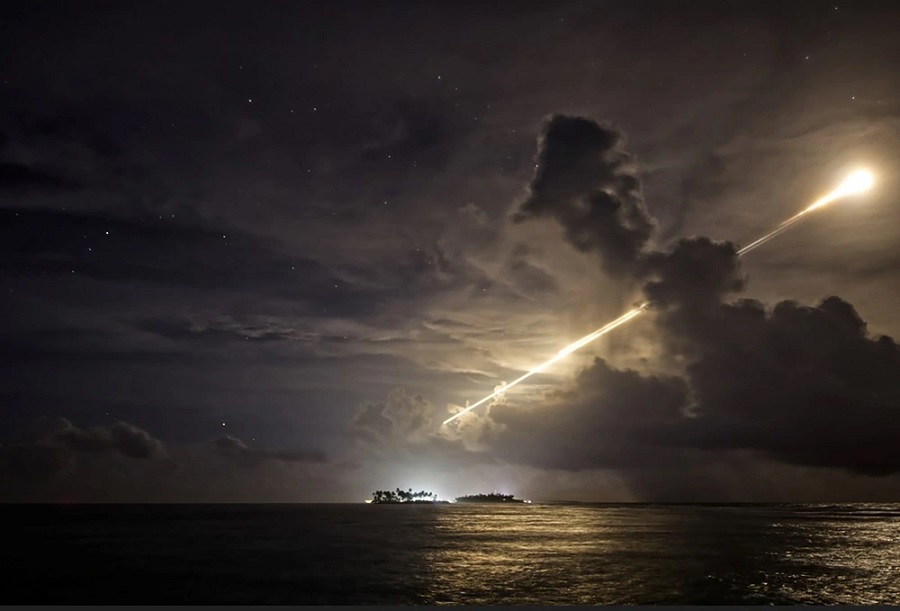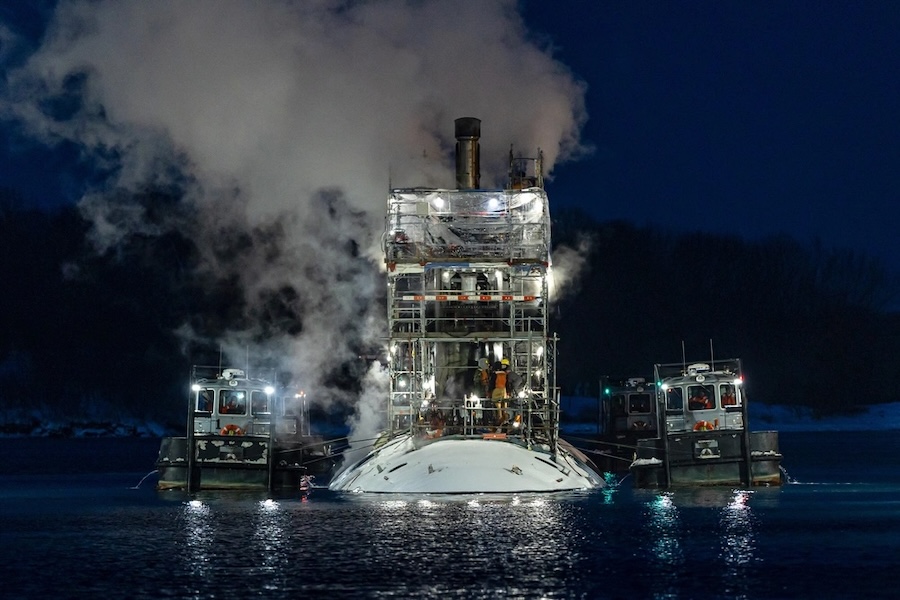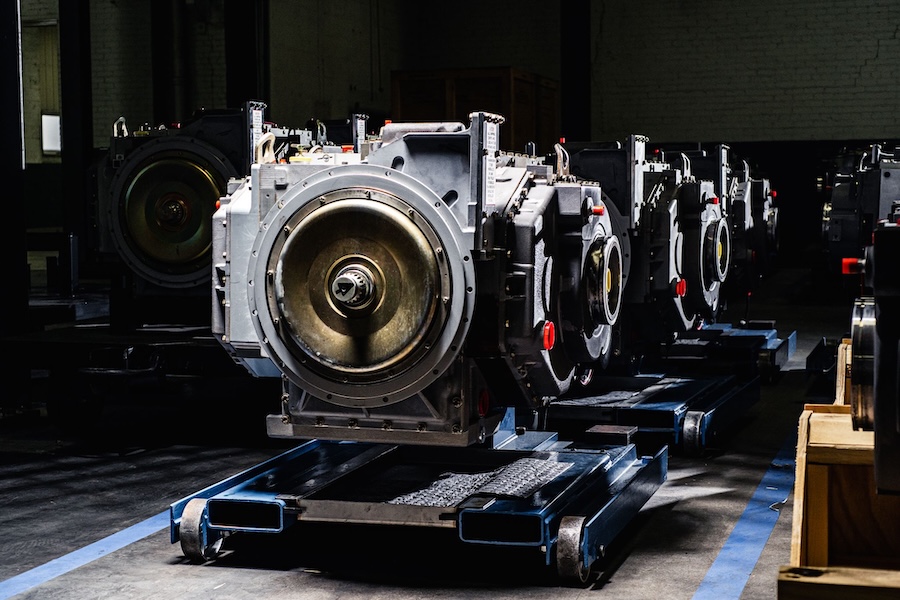The initiative was launched in 2022 to address NATO and the European Union’s “recognised European shortfall” in the realm of air and missile defence systems following the Russian invasion of Ukraine. Since then, it has expanded and, as of February 2024, twenty-one European states have participated in the initiative. Most recently, the initiative expanded to include Aegean neighbours Greece and Türkiye on 15 February 2024.
The heart of ESSI lies in its core principle of collaborative procurement and joint operation. In particular, the perceived threat of Russian attacks on European air space, similar to those taking place in the ongoing Russian attack on Ukraine, has led to an expansion of the combined ESSI. Furthermore, it aims to foster cooperation in acquiring, maintaining, and repairing air and missile defence systems. Instead of maintaining separate national systems, which could pose financial challenges for many participating countries, ESSI presents a framework for developing a shared capability. A collaborative approach reduces costs for individual nations while simultaneously enhancing interoperability.
The ESSI is independent of NATO because it includes the neutral countries Austria and Switzerland. However, it is suggested that former US President Donald Trump’s criticism of NATO partners not meeting military spending goals was the main catalyst for Greek and Turkish participation in the initiative.
There is, however, a clear absence of France, Italy, and Poland, as they all remain independent of the defence cooperation. Hitherto, the ESSI has remained a political initiative “aiming to fill the capability gap in the ground-based air defence (GBAD) domain through the acquisition of off-the-shelf systems,” and so its operation value “is yet to be demonstrated”.
Source: FINABEL – European Army Interoperability Centre.


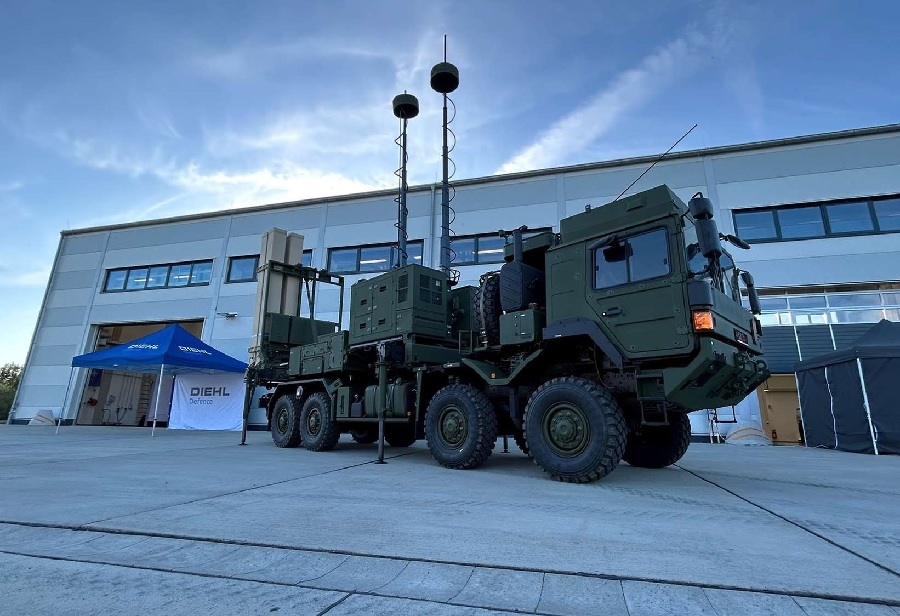

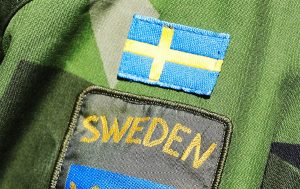
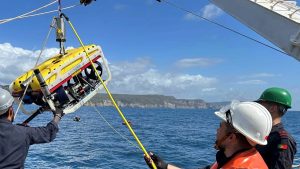

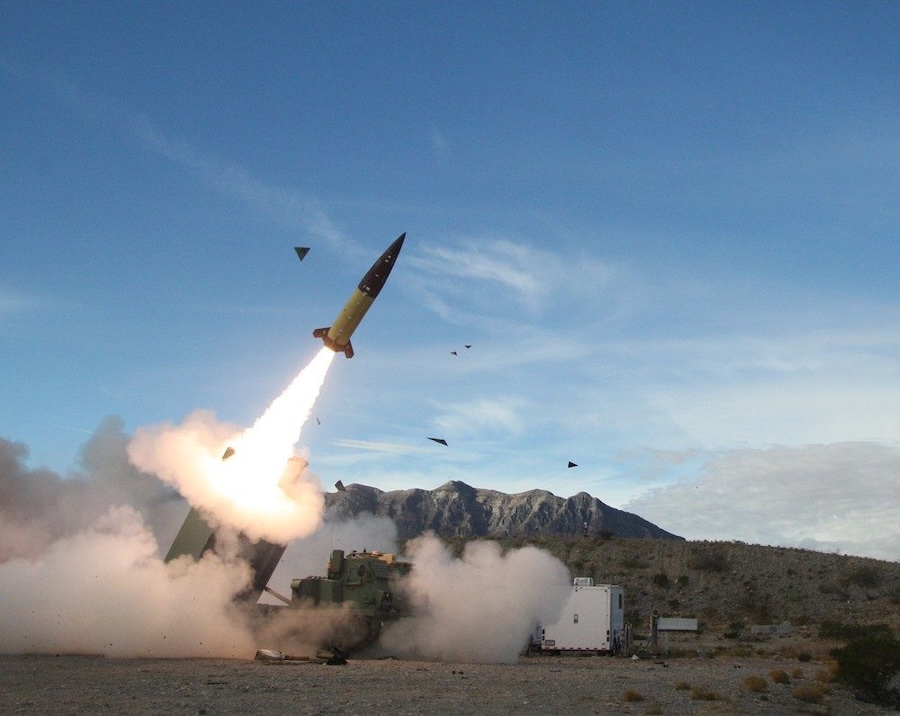
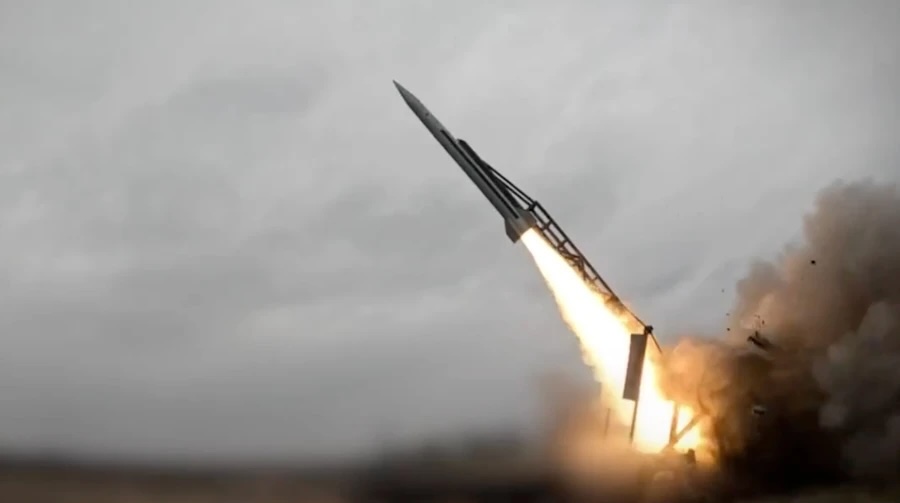
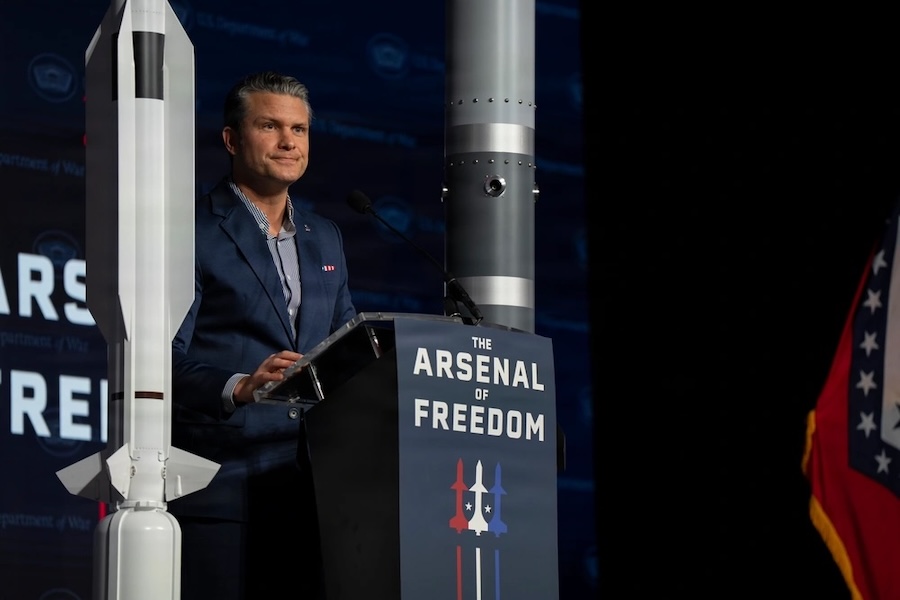
![Inside Operation Roaring Lion: IDF launches largest air campaign in history, striking over 500 targets in Iran [VIDEO]](https://defence-industry.eu/wp-content/uploads/2026/03/operation-roaring-lion-idf-launches-largest-air-campaign-in-history-striking-over-500-targets-in-iran-video.jpg)
